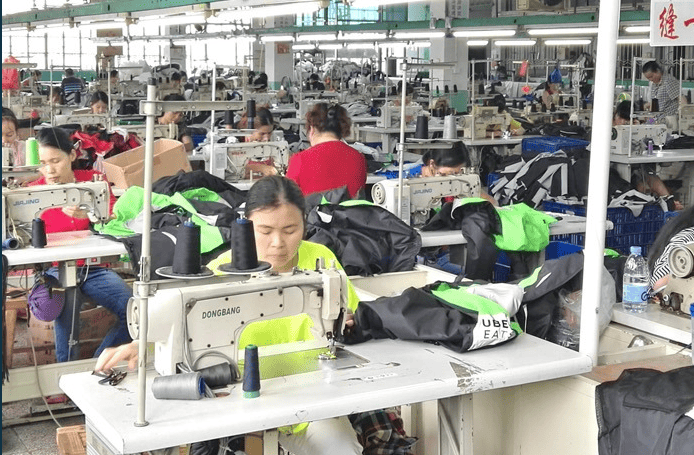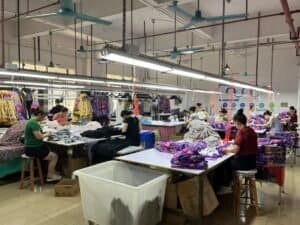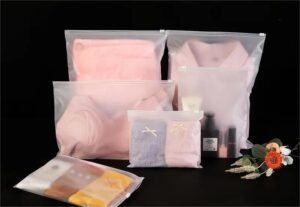In the fast-paced world of apparel manufacturing, I’ve seen first-hand how trends come and go. But one trend that’s not just a passing phase is sustainability. As the CEO of Natural Touch Clothing, a leading manufacturer based in China, I believe that the future of our industry hinges on sustainable practices.
Sustainability in apparel manufacturing isn’t just a buzzword; it’s a necessity. We’re facing a global environmental crisis, and the fashion industry, known for its significant environmental footprint, must adapt. In this blog post, I’ll explore how sustainability is not just feasible but beneficial for manufacturers, consumers, and the planet.
Sustainable manufacturing is more than just an ethical choice; it’s a business imperative. As consumers become more environmentally conscious, they are demanding eco-friendly products. This shift in consumer behavior is reshaping the apparel industry.

How is the Apparel Industry Contributing to Environmental Degradation?
The apparel industry has long been criticized for its environmental impact. From excessive water usage in cotton farming to pollution from dyeing processes, the fashion sector is a significant contributor to environmental degradation. According to a report, the industry is responsible for a considerable percentage of the world’s carbon emissions.
What Are the Key Elements of Sustainable Apparel Manufacturing?
Sustainable manufacturing involves several key elements: using eco-friendly materials, reducing waste, energy efficiency, and ethical labor practices. Each of these elements plays a vital role in minimizing the environmental impact of apparel production.
Why Are Eco-Friendly Materials Essential in Sustainable Manufacturing?
Eco-friendly materials are at the forefront of sustainable apparel manufacturing. Materials like organic cotton, recycled polyester, and Tencel have a lower environmental impact compared to conventional fabrics. By choosing sustainable materials, manufacturers can significantly reduce their carbon footprint.
How Does Reducing Waste Contribute to Sustainability?
Waste reduction is another crucial aspect of sustainable manufacturing. This involves optimizing production processes to minimize fabric waste and recycling leftover materials. By reducing waste, manufacturers not only help the environment but also improve efficiency and reduce costs.
What Role Does Energy Efficiency Play in Sustainable Manufacturing?
Energy efficiency is vital in reducing the carbon footprint of apparel manufacturing. Implementing renewable energy sources, like solar or wind power, and optimizing production processes for energy savings are key strategies in sustainable manufacturing.
Why Are Ethical Labor Practices Important in Sustainability?
Sustainability isn’t just about the environment; it’s also about people. Ethical labor practices ensure that workers are treated fairly and work in safe conditions. This aspect of sustainability is crucial for maintaining a responsible and socially conscious brand image.
What Are the Challenges in Implementing Sustainable Practices?
While the benefits of sustainable manufacturing are clear, there are challenges. The initial cost of transitioning to sustainable practices can be high, and finding reliable sources for eco-friendly materials can be difficult. However, these challenges are not insurmountable.
How Can Technology Aid in Achieving Sustainability in Apparel Manufacturing?
Technology plays a pivotal role in sustainable manufacturing. From 3D printing to automate cutting and sewing, technological advancements can help reduce waste, improve efficiency, and minimize environmental impact.
What Is the Future of Sustainable Apparel Manufacturing?
The future of sustainable apparel manufacturing is promising. As technology advances and consumer awareness grows, more manufacturers will adopt sustainable practices. This shift is not just good for the environment but also for business, as it meets the growing demand for eco-friendly products.
Conclusion
Sustainability in apparel manufacturing is more than a trend; it’s the future. As the CEO of Natural Touch Clothing, I am committed to leading the charge in adopting sustainable practices. Our planet, our consumers, and our industry depend on it.





